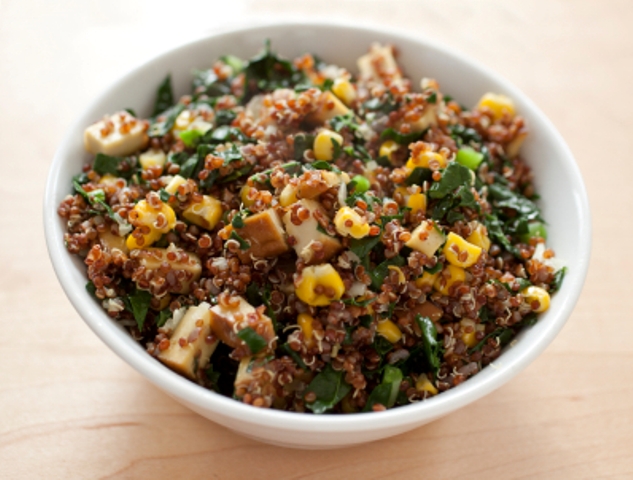Lose Weight > Common Sense To Lose Weight > Common Sense Article > The Role Of Fat Within A Diet Solution Program
The Role Of Fat Within A Diet Solution Program
We Need Fat
Without a doubt a high consumption of fat particularly the wrong type of fat will make us put on weight and lead to obesity. But in considering a low-fat diet we need to be aware of the role of fat in the human body. Some body fat is necessary. Fat stored beneath the skin will help insulate us from the cold. A healthy body needs some fat to form cushions between body organs. There is even work being done on the role of fat in the treatment of diabetes and the prevention of cardiovascular disease. (This is related to studies on the Mediterranean-type diet.) It is also recognised that the worse thing someone with heart disease can do is to go on a low-fat diet.
In looking at a low-fat diet it is also good to remember that if we start to eat too much carbohydrate and protein the liver will convert some of this into fat. A low-fat diet that is high in carbohydrates and proteins can make us fat! In any diet balance is everything. We must balance the amount of energy containing foods with the amount of energy we expend in the normal activities of our own personal lives. A Diet Solution Program simplifies this balance since there is no need to count calories.
Good and Bad Fat
Fats are used as a source of energy. They contain vital essential fatty acids. We must also remember that some vitamins are fat soluble, in other words some vitamins are only available to us in the fat we eat. Some fat is an essential part of a healthy diet. Recent research shows that the amount of fat in our diet is not what's important, but it's the type of fat that matters. We do not need to be afraid of saturated fat. Learn what are the good fats and make them part of your daily diet - think healthy fats like coconut oil, olive oil, salmon, walnuts and whole organic eggs. Leave the bad fats like hydrogenated oils used in French fries and donuts and most other processed and fast foods.
The Mediterranean Diet
The 'Mediterranean diet' has been the object of much study in at least 7 countries. It is a diet that has one of the highest fat levels compared with say the United States and Europe. Yet those on this diet came out with the lowest rates of cardiovascular disease. Current studies suggest fat is not necessarily the issue in this diet but that the high intake of plant foods of fruit and vegetables provide a host of protective agents like antioxidants that they absorb from their diet. A diet rich in the right fats accompanied by a wide range of fruits and vegetables is a healthy diet.
Bad Press
Fat has come in for a lot of bad press over the last few decades, but slowly nutritionists are coming to realise that it is not fat that is the issue, it is the type of fat that matters. We must learn to avoid the bad fats and unfortunately they are often very hard to avoid if we live on processed and fast foods.
Frank Rogers writes on diet, weight loss and lifestyle. To learn more of the role of fats in our diets in the Diet Solution Program visit www.burnfathowto.com here you will find two successful fat burning programs.
Related Articles
-
8 Simple Tips for Weight Loss
The holidays are fast approaching, and i
-
Are You Suffering From an Eating Disorder?
When you’re in a normal, healthy mindset, you’ll usuall
-
4 Best Exercises To Lose Fat
If you want to burn that fat off your frame then you need to do the ki
-
How To Not Lose Weight
Going on a starvation diet.That is missing meals and only having half
-
Dieting vs Exercise for Weight Loss
It has been always believed that the life closer to the hunter-gather
-
Is Hoodia Effective?
Dieters have many questions about hoodia
- DON'T MISS
- Methods To Burn Body Weight
- Cardiovascular Exercise Can Help You Lose Weight Faster - Weight Loss Tips
- Lose Weight By Eating Chocolate and Pizza: A How To Guide
- Break Your Weight Loss Plateau
- Attending a Healthy Happy Hour
- Will Fat Burning Pills Help You Lose Weight?
- Are You Serious About Losing Fat?
- Nutritionists write a Diet Solution Program Review
- How to lose weight like a celebrity
- Use These Tips To Shed Those Extra Pounds




